The CHR 0402-HT high temperature non-magnetic resistor series from SRT Resistor Technology offers the same features as the CHR 0402 range while allowing for high temperature applications of up to 300°C. The main features comprise of a wide resistance range from 1Ω up to 10MΩ, power rating of 0.05W and voltage rating of 30V trimmed or 60V untrimmed (tolerances ≥5%), all in a small 0402 surface mount package. By utilising SRT’s thick film resistor technology, they are able to offer low tolerances down to ±2.0% (between 100Ω and 10MΩ) and TCR as low as ±50 ppm/°C (between +25°C and +85°C). The CHR 0402-HT resistor series contains no organics making them suitable for high vacuum applications and offer PtAg (platinum silver) terminations for conductive gluing and soldering.
Custom tolerance, TCR and VCR options are available upon request. Please contact us for further information and availability.
Please see the derating curve below for the CHx-HT, CRB-HT and CBW-HT series from 0°C to +300°C:
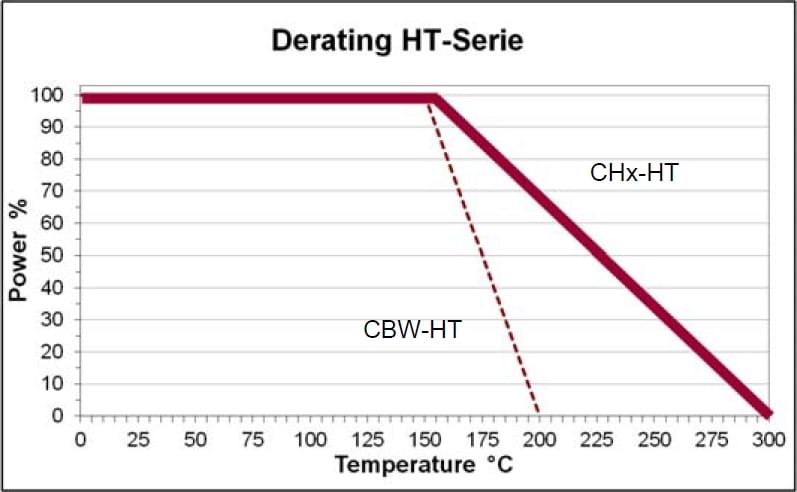
The final measuring of the resistors takes place at room temperature (independent of TCR).
Please pay attention to the interconnection technology at high temperature applications.
Please note, the tolerance for the CHR 0402-HT series starts from ±2%, whereas the below table gives the full specifications of the standard CHR series:
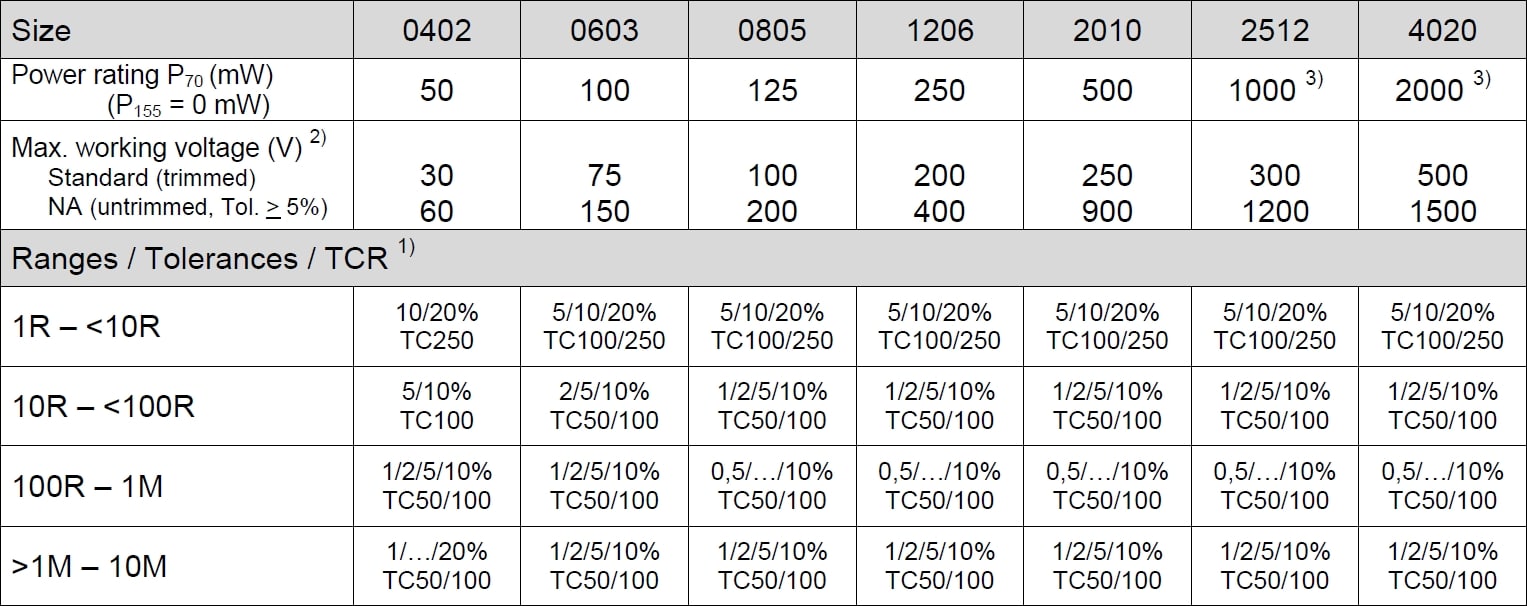
| Weight | 0.00000 kg |
|---|---|
| Dimensions | 0.28 x 0.48 x 0.95mm |
| Maximum Resistance | 10MΩ |
| Minimum Resistance | 1Ω |
| Package / Size | |
| Power Rating | |
| Product Type | |
| Resistance Value | Custom (1Ω – 10Ω), Custom (10Ω – 100Ω), Custom (100Ω – 1MΩ), Custom (1MΩ – 10MΩ) |
| Series / Model | |
| Temperature Coefficient | |
| Temperature Range (°C) | -55 to +300°C |
| Termination / Connection | PtAg |
| Tolerance |
| SKU | Resistance Value | Temperature Coefficient | Tolerance |
|---|---|---|---|
| SRT CHR 0402-HT Series | Custom (100Ω - 1MΩ) | ±100 ppm/°C | ±10% |
| SRT CHR 0402-HT Series | Custom (100Ω - 1MΩ) | ±50 ppm/°C | ±10% |
| SRT CHR 0402-HT Series | Custom (100Ω - 1MΩ) | ±100 ppm/°C | ±2% |
| SRT CHR 0402-HT Series | Custom (100Ω - 1MΩ) | ±50 ppm/°C | ±2% |
| SRT CHR 0402-HT Series | Custom (100Ω - 1MΩ) | ±100 ppm/°C | ±5% |
| SRT CHR 0402-HT Series | Custom (100Ω - 1MΩ) | ±50 ppm/°C | ±5% |
| SRT CHR 0402-HT Series | Custom (10Ω - 100Ω) | ±100 ppm/°C | ±10% |
| SRT CHR 0402-HT Series | Custom (10Ω - 100Ω) | ±100 ppm/°C | ±5% |
| SRT CHR 0402-HT Series | Custom (1MΩ - 10MΩ) | ±100 ppm/°C | ±10% |
| SRT CHR 0402-HT Series | Custom (1MΩ - 10MΩ) | ±50 ppm/°C | ±10% |
| SRT CHR 0402-HT Series | Custom (1MΩ - 10MΩ) | ±100 ppm/°C | ±2% |
| SRT CHR 0402-HT Series | Custom (1MΩ - 10MΩ) | ±50 ppm/°C | ±2% |
| SRT CHR 0402-HT Series | Custom (1MΩ - 10MΩ) | ±100 ppm/°C | ±20% |
| SRT CHR 0402-HT Series | Custom (1MΩ - 10MΩ) | ±50 ppm/°C | ±20% |
| SRT CHR 0402-HT Series | Custom (1MΩ - 10MΩ) | ±100 ppm/°C | ±5% |
| SRT CHR 0402-HT Series | Custom (1MΩ - 10MΩ) | ±50 ppm/°C | ±5% |
| SRT CHR 0402-HT Series | Custom (1Ω - 10Ω) | ±250 ppm/°C | ±10% |
| SRT CHR 0402-HT Series | Custom (1Ω - 10Ω) | ±250 ppm/°C | ±20% |
| Product name | Product Type | Product Type | Product Type | Product Type | Product Type | Product Type | Product Type | ||
|---|---|---|---|---|---|---|---|---|---|
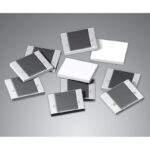 | Caddock CHR2520FC Series | View Product | |||||||
 | SRT CHR 0402 | Thick Film, Non-Magnetic, Resistor | Thick Film, Non-Magnetic, Resistor | Thick Film, Non-Magnetic, Resistor | Thick Film, Non-Magnetic, Resistor | Thick Film, Non-Magnetic, Resistor | Thick Film, Non-Magnetic, Resistor | Thick Film, Non-Magnetic, Resistor | View Product |
 | SRT CHR 0402-HT | High Temperature, Thick Film, Non-Magnetic, Resistor | High Temperature, Thick Film, Non-Magnetic, Resistor | High Temperature, Thick Film, Non-Magnetic, Resistor | High Temperature, Thick Film, Non-Magnetic, Resistor | High Temperature, Thick Film, Non-Magnetic, Resistor | High Temperature, Thick Film, Non-Magnetic, Resistor | High Temperature, Thick Film, Non-Magnetic, Resistor | View Product |
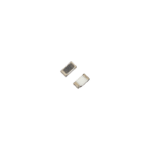 | SRT CHR 0603 | Thick Film, Non-Magnetic, Resistor | Thick Film, Non-Magnetic, Resistor | Thick Film, Non-Magnetic, Resistor | Thick Film, Non-Magnetic, Resistor | Thick Film, Non-Magnetic, Resistor | Thick Film, Non-Magnetic, Resistor | Thick Film, Non-Magnetic, Resistor | View Product |
 | SRT CHR 0603-HT | High Temperature, Thick Film, Non-Magnetic, Resistor | High Temperature, Thick Film, Non-Magnetic, Resistor | High Temperature, Thick Film, Non-Magnetic, Resistor | High Temperature, Thick Film, Non-Magnetic, Resistor | High Temperature, Thick Film, Non-Magnetic, Resistor | High Temperature, Thick Film, Non-Magnetic, Resistor | High Temperature, Thick Film, Non-Magnetic, Resistor | View Product |
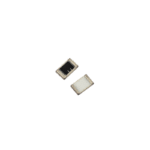 | SRT CHR 0805 | Thick Film, Non-Magnetic, Resistor | Thick Film, Non-Magnetic, Resistor | Thick Film, Non-Magnetic, Resistor | Thick Film, Non-Magnetic, Resistor | Thick Film, Non-Magnetic, Resistor | Thick Film, Non-Magnetic, Resistor | Thick Film, Non-Magnetic, Resistor | View Product |
 | SRT CHR 0805-HT | High Temperature, Thick Film, Non-Magnetic, Resistor | High Temperature, Thick Film, Non-Magnetic, Resistor | High Temperature, Thick Film, Non-Magnetic, Resistor | High Temperature, Thick Film, Non-Magnetic, Resistor | High Temperature, Thick Film, Non-Magnetic, Resistor | High Temperature, Thick Film, Non-Magnetic, Resistor | High Temperature, Thick Film, Non-Magnetic, Resistor | View Product |
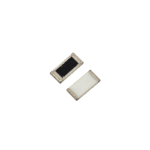
| SRT CHR 1206 | Thick Film, Non-Magnetic, Resistor | Thick Film, Non-Magnetic, Resistor | Thick Film, Non-Magnetic, Resistor | Thick Film, Non-Magnetic, Resistor | Thick Film, Non-Magnetic, Resistor | Thick Film, Non-Magnetic, Resistor | Thick Film, Non-Magnetic, Resistor | View Product |

| SRT CHR 1206-HT | High Temperature, Thick Film, Non-Magnetic, Resistor | High Temperature, Thick Film, Non-Magnetic, Resistor | High Temperature, Thick Film, Non-Magnetic, Resistor | High Temperature, Thick Film, Non-Magnetic, Resistor | High Temperature, Thick Film, Non-Magnetic, Resistor | High Temperature, Thick Film, Non-Magnetic, Resistor | High Temperature, Thick Film, Non-Magnetic, Resistor | View Product |
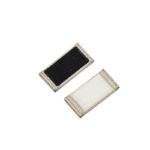
| SRT CHR 2010 | Thick Film, Non-Magnetic, Resistor | Thick Film, Non-Magnetic, Resistor | Thick Film, Non-Magnetic, Resistor | Thick Film, Non-Magnetic, Resistor | Thick Film, Non-Magnetic, Resistor | Thick Film, Non-Magnetic, Resistor | Thick Film, Non-Magnetic, Resistor | View Product |

| SRT CHR 2010-HT | High Temperature, Thick Film, Non-Magnetic, Resistor | High Temperature, Thick Film, Non-Magnetic, Resistor | High Temperature, Thick Film, Non-Magnetic, Resistor | High Temperature, Thick Film, Non-Magnetic, Resistor | High Temperature, Thick Film, Non-Magnetic, Resistor | High Temperature, Thick Film, Non-Magnetic, Resistor | High Temperature, Thick Film, Non-Magnetic, Resistor | View Product |
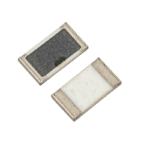
| SRT CHR 2512 | Thick Film, Non-Magnetic, Resistor | Thick Film, Non-Magnetic, Resistor | Thick Film, Non-Magnetic, Resistor | Thick Film, Non-Magnetic, Resistor | Thick Film, Non-Magnetic, Resistor | Thick Film, Non-Magnetic, Resistor | Thick Film, Non-Magnetic, Resistor | View Product |

| SRT CHR 2512-HT | High Temperature, Thick Film, Non-Magnetic, Resistor | High Temperature, Thick Film, Non-Magnetic, Resistor | High Temperature, Thick Film, Non-Magnetic, Resistor | High Temperature, Thick Film, Non-Magnetic, Resistor | High Temperature, Thick Film, Non-Magnetic, Resistor | High Temperature, Thick Film, Non-Magnetic, Resistor | High Temperature, Thick Film, Non-Magnetic, Resistor | View Product |
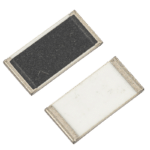
| SRT CHR 4020 | Thick Film, Non-Magnetic, Resistor | Thick Film, Non-Magnetic, Resistor | Thick Film, Non-Magnetic, Resistor | Thick Film, Non-Magnetic, Resistor | Thick Film, Non-Magnetic, Resistor | Thick Film, Non-Magnetic, Resistor | Thick Film, Non-Magnetic, Resistor | View Product |

| SRT CHR 4020-HT | High Temperature, Thick Film, Non-Magnetic, Resistor | High Temperature, Thick Film, Non-Magnetic, Resistor | High Temperature, Thick Film, Non-Magnetic, Resistor | High Temperature, Thick Film, Non-Magnetic, Resistor | High Temperature, Thick Film, Non-Magnetic, Resistor | High Temperature, Thick Film, Non-Magnetic, Resistor | High Temperature, Thick Film, Non-Magnetic, Resistor | View Product |
This product is available compliant to the RoHS EU directive 2011/65/EU, however, the following exemptions according to the RoHS annex are applicable:
We are pleased to provide you with a range of additional content including videos, product datasheets, case studies, white papers and application notes for your reference. Please see below for the latest content available:
| DOCUMENTATION | |
|---|---|
| SRT high temperature, non-magnetic, surface-mount chip resistor CHx-HT, CRB-HT and CBW-HT series datasheet | |
| SRT standard CHR high ohmic SMD chip resistor datasheet | |